Behind-the-Scenes of Tree House Kitchen, the Teaching Kitchen
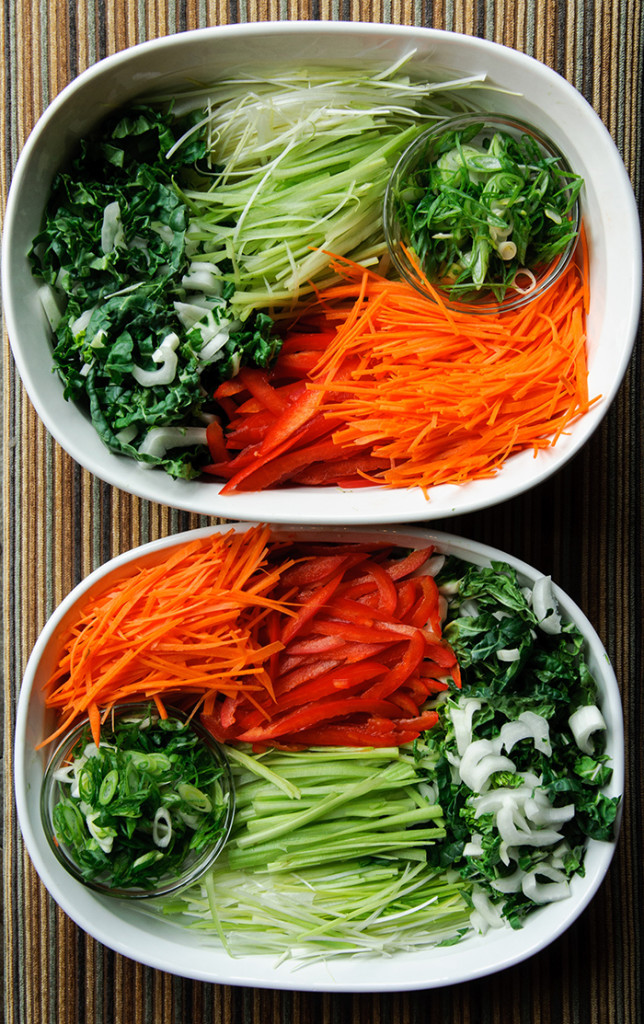
Tree House Kitchen is truly a teaching kitchen! My philosophy extends to everyone, including apprentices and assistant chef instructors. In my collaborative way of creating, we learn from one another and experiences with students.
Enjoy this behind-the-scenes look at how past Tree House Kitchen cooking classes provided unique experiences for staff and students, especially in attention to detail, environmental connection and empowering sensory exploration.
Update: We’re so proud of our past hands-on teaching and dinner party classes. Working with our clients has played an important part in the new direction of Tree House Kitchen as a food literacy company. We hope you enjoy reading about our past classes and where we’re headed moving forward.
Attention to detail: At Tree House Kitchen, we explore various world cuisines, anchored by our skills, palates and a whole food concept. We don’t cut corners in our hands-on recipe creation and recipe demonstrations, nor in the finished dishes guests have enjoyed at the dining table during past dinner party classes.
We carefully source all of our ingredients from local markets. We’re always simmering homemade stocks and building foundational flavours. Zesting and juicing fresh citrus, accurately chopping vegetables, and washing and chopping fresh herbs are always taken care of at the last minute for bursts of flavour and colour. We test our recipes carefully so that students have recipe systems they can easily recreate at home. More than just a series of tasks, our recipes answer the questions curious cooks and eaters often ask—the “how, what, why and where” of culinary exploration!
Environmental connection: I explore whole foods for their flavour or nutritional aspects and from an environmental perspective. For instance, to develop a delicious French lentils du puy recipe, we researched Canadian lentil variations’ sustainability and low carbon.
I have foraged wild mushrooms, fiddleheads and leeks and have watched maple syrup production. Recipe testing includes trips to my sustainably planted wildflower garden to gather edibles like aronia berries, Queen Anne’s lace, tomatoes and handfuls of fresh herbs. We connect with talented local farmers like ManoRun Farm and Chassagne Farm to source fresh, flavourful and nourishing ingredients. All of this is part of an ongoing learning process about the connection between our natural world and the food we eat, and also another way that we have fun exploring food!
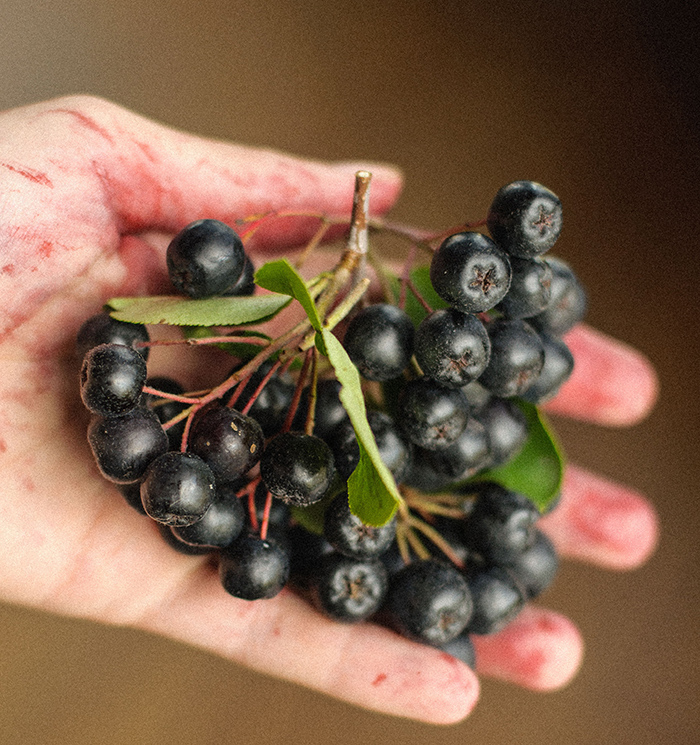
Empowering sensory exploration: I believe anyone can learn new skills and expand their palate, and each person who has joined the Tree House Kitchen team wholeheartedly shares this belief. Cooking is personal, based not only on culinary theory but on an individual’s prior skills, cultural influences and taste experiences. Our recipe systems allow students to use their innate sense of exploration: touching, smelling, tasting, asking questions and searching for high-quality ingredients in the world around them.
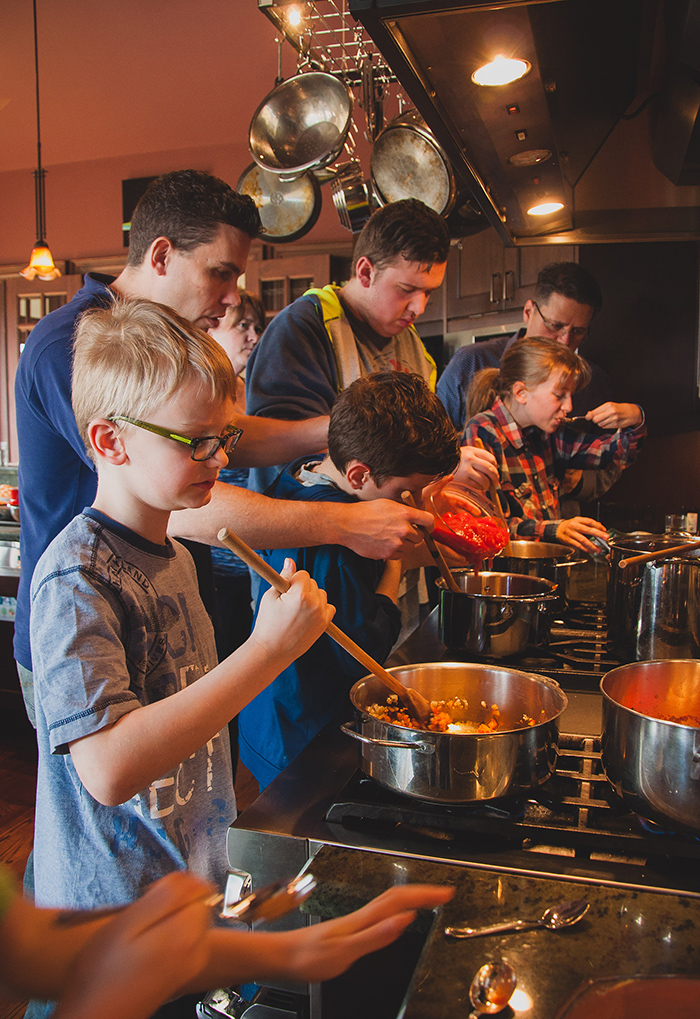
Pictured here are five family groups at one of our past Parent and Child Family Fun Cooking Classes. Each family prepared a BBQ sauce from an assortment of the same ingredients, and each one turned out unique AND delicious.
Students sampled the different components, smelling herbs and tasting spice blends as they built their signature sauce. We explored this concept at our hands-on soup-building cooking class, where students learned about soup-making, then developed their own flavour profiles!
We know our goal is accomplished when students feel empowered in the kitchen, nourishing themselves after learning through hands-on connections and taste sensations.

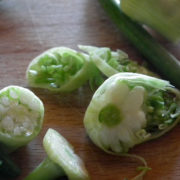
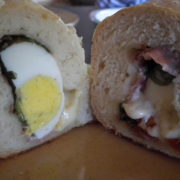
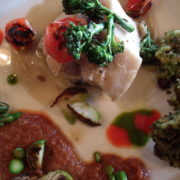
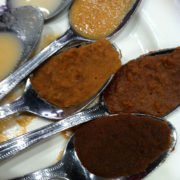
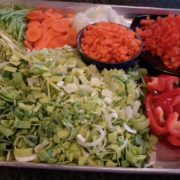
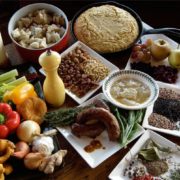
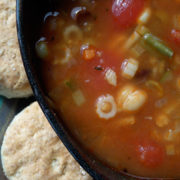
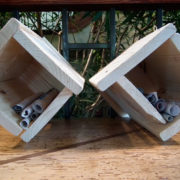


Leave a Reply
Want to join the discussion?Feel free to contribute!